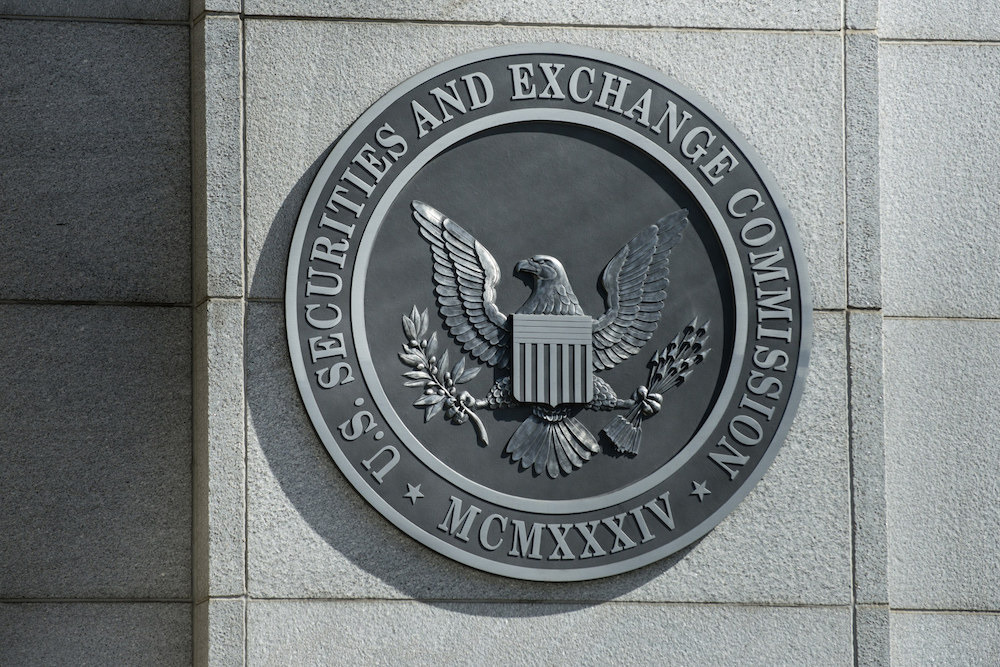Apple plans to sell $14 billion worth of bonds, taking advantage of cheap borrowing costs to fund corporate operations like share buybacks.
The company plans to issue debt in six parts, with the longest offering being a 40-year security that will yield 95 basis points above Treasuries, Bloomberg reported on Monday. The preliminary filings for the bond sale also surfaced early Monday morning.
According to Bloomberg Barclays index data, average investment-grade companies will be able to borrow at a rate of 1.86% for roughly nine years, down from when Apple last offered a debt deal. Goldman Sachs Group, JPMorgan Chase, and Morgan Stanley and managing the bond sale.
Apple plans to use the proceeds for general corporate purposes the Cupertino tech giant plans, including stock buybacks and paying dividends to shareholders. The money could also be used for working capital, capital expenditures, repayment of debt, or acquisitions.
The new debt deals would mark the third time that it has tapped the market since May 2020. Apple issued bond sales of $8 billion in May, and another $5.5 billion bond sale in August.
Apple hoarded cash for years, but has recently switched strategies to reduce its net cash position. Mostly, that's been through payouts to shareholders.
Earlier in January, Apple reported quarterly revenue topping $100 billion for the first time. Its Q1 2021 results of $111.4 billion eclipsed its previous high of $91.8 billion and represented year-over-year growth of 21.4%.
 Mike Peterson
Mike Peterson








 Charles Martin
Charles Martin
 Christine McKee
Christine McKee
 Wesley Hilliard
Wesley Hilliard
 Malcolm Owen
Malcolm Owen
 Andrew Orr
Andrew Orr
 William Gallagher
William Gallagher
 Sponsored Content
Sponsored Content








24 Comments
. . . . . .
Apple currently has ~$110B in debt (incl commercial paper). This new issue will make it’s total debt ~$125B. That’s still a trivial 5.5% of the company’s market value of equity. It’s like a person with a million dollar net worth having $55,000 in debt.
A funny thing about debt and credit, both at a personal and corporate level: if you don’t demonstrate you manage it properly when you don’t need it, you can be almost certain you won’t be able to go into debt via credit when you do need it.
Apple makes more than enough profit to amass a huge pool of cash, and pretty much guarantee long-term survival. What reason would they need to take on a huge amount of debt that has nothing to do with stock buybacks and dividends? The only thing I can see as being rational is an absolutely HUGE capital expenditure they want nobody being able to expect, because they’re not keeping cash around. Keeping huge amounts of cash around makes you more vulnerable to buyouts/acquisitions: as much as their market cap is, history has shown corporate raiders will take on giants if there’s money to be pocketed, and that makes it much easier to get funding from many sources as needed. Having huge amounts of debt acts sort of as an anchor that can work in their favor if done right: buying debt (by itself, unless it has paid for something with good ROI) is a huge liability. There may be more than one reason to do this, not even counting that the debt interest rates are lower than inflation currently has been and is likely to be (think of all the stimulus paid out, massive inflation has to happen sometime). By going into debt without acquiring other companies/IP, they don’t need to be concerned about antitrust issues in using their leverage in this way, because it’s too abstract to be tied to anything.
Apple, if nothing else, is hedging the current value of money against the future value, and is likely to make major amounts of money when you adjust for inflation when they pay back the debt. If they charge prices at inflation-adjusted prices for goods and services in the future, but they are only paying the past no-inflation-adjusted (mild interest rates) debt, they’re making money via a Time Machine (I had to throw in a pun) in the same way ordinary people build up value by buying a home with a mortgage, as their payments don’t change in the future, just the relative value of what they pay each month goes down.